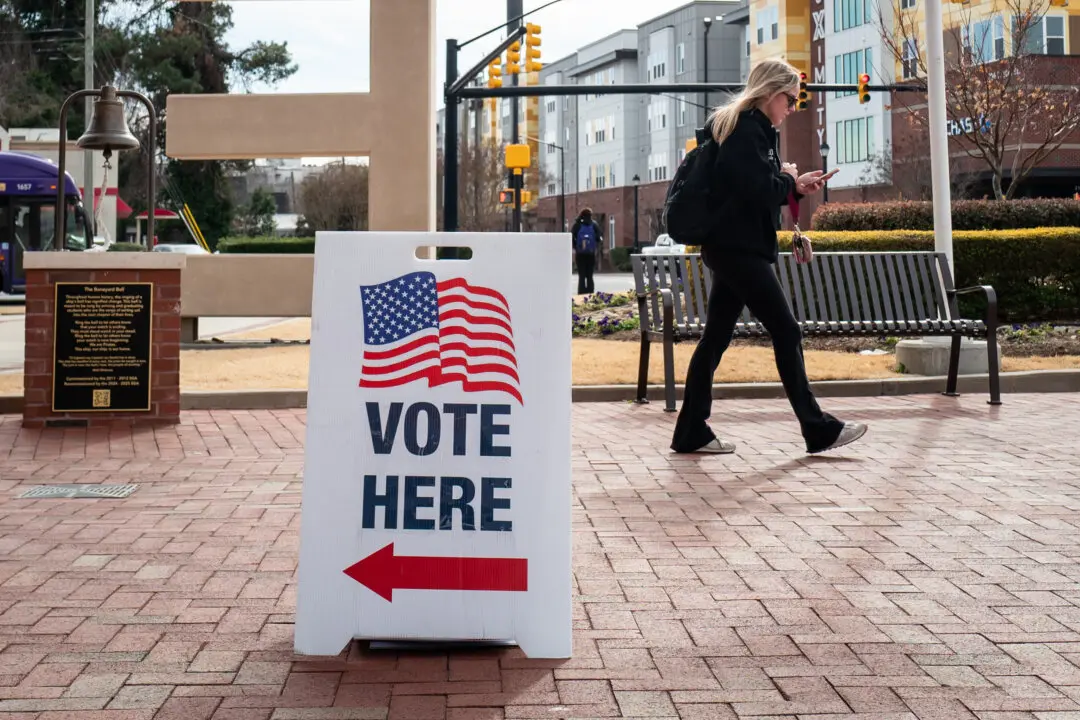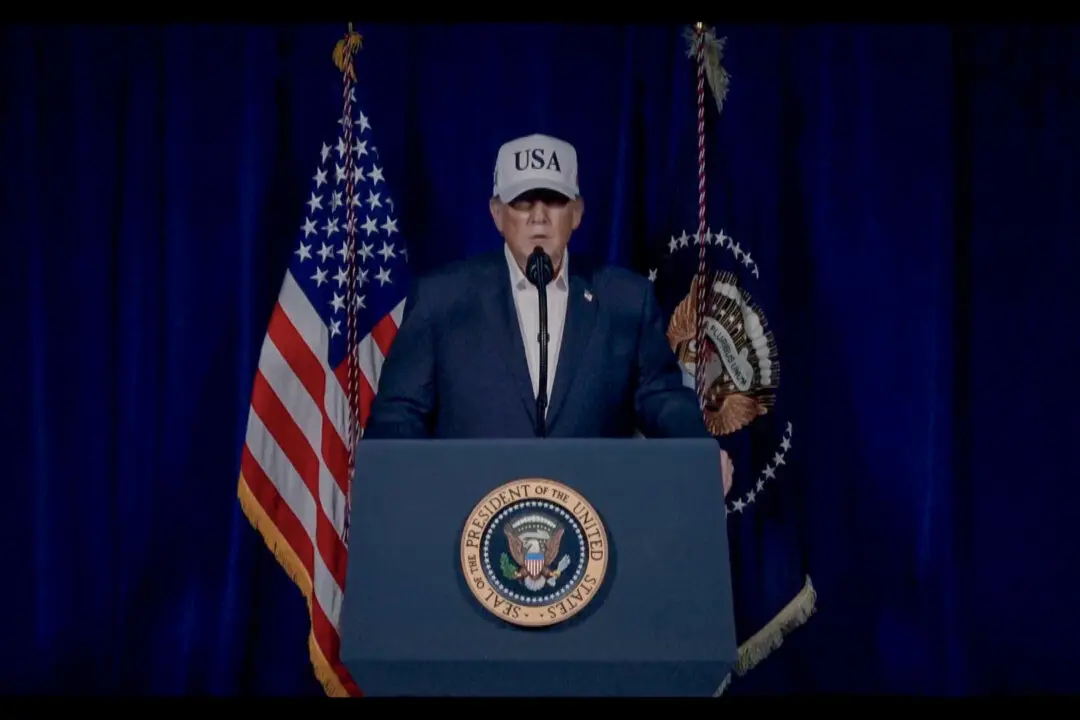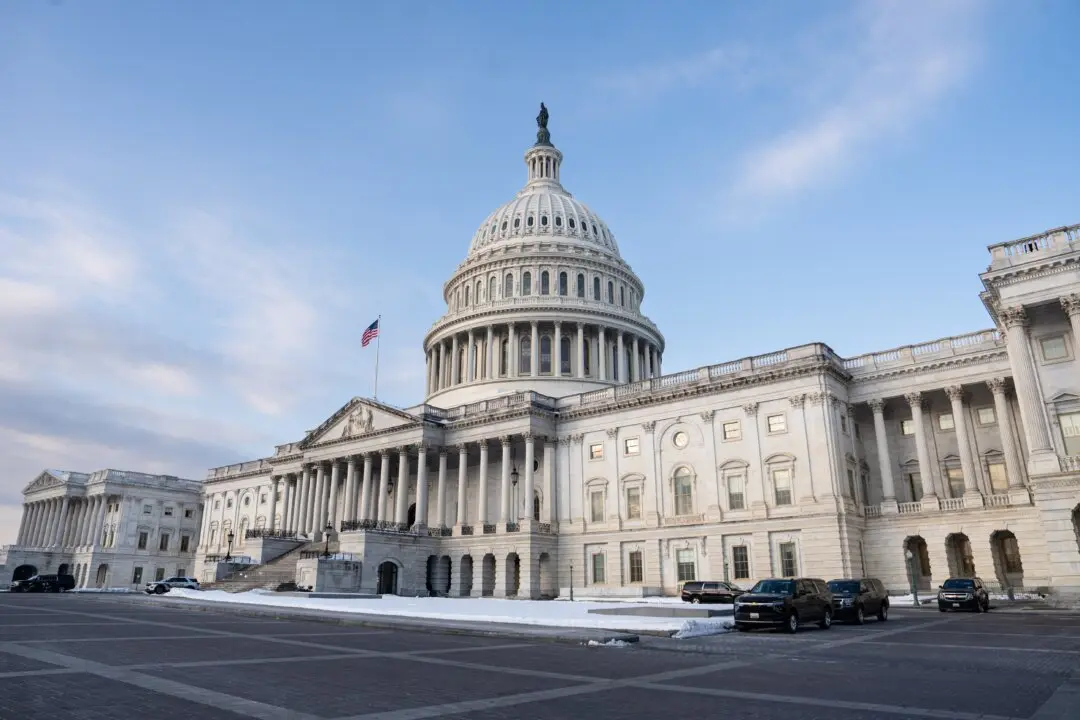Democrats will not include $15.6 billion in funding for CCP virus measures in their $1.5 trillion government funding bill, according to Speaker of the House Nancy Pelosi (D-Calif.).
During his State of the Union address, President Joe Biden called on Congress to approve an additional $22.5 billion in new spending for CCP virus treatments, vaccines, and other measures. Republicans objected to the new spending, suggesting that Democrats instead fund their new initiatives through unused CARES Act appropriations.





